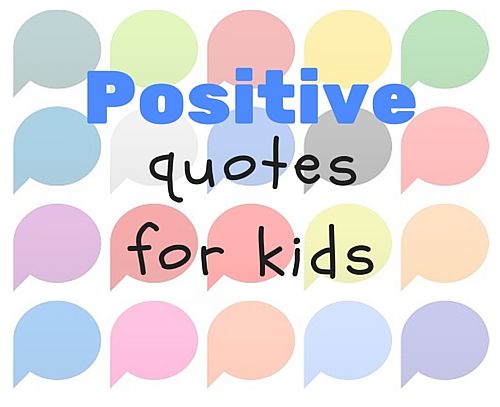Public Speaking For Kids
Public speaking for kids doesn't have to be traumatic. As a matter of fact, it doesn't have to be for adults either... but we have ways of creating self-imposed limitations on our capabilities.

Five Tips to Help Kids Enjoy Public Speaking
There are several ways you can help young kids enjoy public speaking:
- Start early: The earlier kids start practicing public speaking, the more comfortable they will become with it. Encourage your child to speak in front of small groups, such as family members or friends, to build their confidence.
- Make it fun: Public speaking doesn't have to be boring. Encourage kids to use props, dress up, or use technology (like slides or videos) to make their presentations more engaging.
- Use positive reinforcement: Praise your child for their efforts, even if they make mistakes. Encourage them to keep practicing and remind them that it's normal to feel nervous when speaking in front of others.
- Encourage participation in extracurricular activities: Participating in activities like debate club or mock trial can help kids develop their public speaking skills in a supportive environment.
- Set a good example: Show your kids that public speaking can be enjoyable by sharing stories about your own experiences speaking in front of groups and explaining why it's important.
By following these tips, you can help your child develop a love for public speaking and encourage them to feel confident and comfortable when speaking in front of others.
It's no secret that many people are deathly afraid of public speaking. Some people even name this as their biggest fear.

Kids, on the other hand, are rarely bashful about speaking up!
If you're a parent yourself, you'll know that younger children don't have the same kinds of fears about speaking that we do.
The problem is, however, that we quite often project our fears on to them. If we give any indication of the fact that public speaking is something to worry about, then they WILL worry about it!
As parents, we need to encourage our children to speak up for themselves whenever and wherever possible.
Not only will this hold them in good stead for speech-making, it will improve their general self-confidence too. That's why public speaking for kids is an excellent educational activity.
Stop Silencing their Voices
Parents sometimes spend too much effort asking children to remain quiet! And unfortunately, some parents may even downplay or trivialize their children's ideas and emotions.
If you tell your child to be quiet more often than encourage them to speak their mind, BST recommends reversing this habit. Instead, work on developing the child’s ability to criticize their thought process and make meaningful connections between ideas.
Try asking your child questions that require some thought. Then, praise them when they give well-thought-out answers, even if you disagree with their opinions. For example, asking a child to consider another point of view, ask them a question such as “Have you considered…?”
Children will fear speaking in public when constantly told not to speak their minds.
Show your child that you value their opinion and discuss topics to strengthen reasoning and speaking skills. Then, when opportunities for them to speak at school, church, or other occasions, help them embrace the opportunity.
Teach Them to Respect Others
Public speaking for kids requires them to be accustomed to speaking to others. So, from an early age, teach your children to value the opinions and experiences of other people.
The best public speakers are those who understand their audience. So, as your children grow, teach them to respect differences and understand other people's perspectives.
Offer up life lessons to them about diversity and acceptance. These skills will make your child a "people person" who is not afraid to speak in public.
As you work on public speaking for kids, you'll want to be a voice of encouragement and support to your children.
There will be times when they feel fearful or anxious about speaking. Let them have these feelings, but remind them of times when they have been successful at public speaking.
You can't take the fear away from them, but you can equip them to overcome fears on their own.
By developing public speaking skills, your child will be more confident and have higher self-esteem.
Plus, you'll be breaking the pattern of fear and ushering in a generation that is not afraid to speak in public settings.
The confidence to speak is one of the most valuable gifts any parent can give a child. Moreover, the skill translates to success in school, college, and career. The freedom from fear opens portals to choices that the growing child might not otherwise consider.
Related topics, quotes, sample speeches, and tips
Topics
- School Speech Topics (Main Page)
- Speech Topics for Kids
- Elementary School
- High School
- College
- Persuasive Speech Topics for Teens
- Graduation
Quotes to Use
Sample Speeches
Tips



